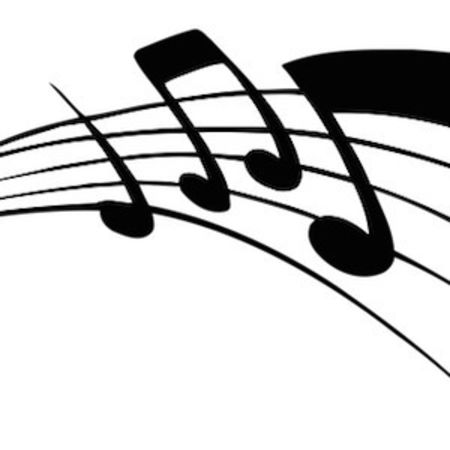Let's go and switch on the music, say the authors of a review of music therapy for intensive care unit (ICU) patients. Ali Mofredj and colleagues from the Salon de Provence Hospital, France, conclude that although the use of music in ICU lacks scientific foundation, research to date shows that music is more than just entertainment and is a potential therapeutic tool. As a nonpharmacologic intervention it is an alternative to sedative and analgesic medications, according to their review, and may particularly benefit patients being mechanically ventilated. The article is published in the Journal of Critical Care
The authors review the literature on music therapy in medicine and its applications for intensive care unit patients, how it works and the best way to provide music therapy in the ICU.
See Also: Favorite Music May Ease Anxiety in Critically Ill Hospital Patients
The authors state that clinical studies have clearly provided support for the benefits of music therapy. Music therapy can “induce an overall relaxation response by reducing stimuli that cause stress, synchronising body rhythms such as breathing and heart rate, and positively influencing emotional feelings of the listener. This relaxation response can lower cardiac workload and oxygen
consumption, which promotes more effective ventilation and
accelerates ventilator weaning.”
They review the benefits:
The authors suggest that music therapy should be provided as a complementary therapy, ideally by a music therapist, to include passive listening for sedated, mechanically ventilated patients.
The recommended primary goal is to promote the relaxation response in order to increase cell oxygenation and decrease blood pressure and pulse rate.
The precise recommendation on music is relaxing music at a tempo between 60 to 80 beats per minute to promote synchronising the body rhythms with the music rhythms. Types of music could be strings or harp with natural sound such as rain, birdsong, they suggest. Awake patients can choose music.
However, they say: “Chaotic music, such us hip-hop and heavy metal, is not healing to human cells.”
The authors suggest 20 minutes listening is sufficient, but found no consensus on timing and duration in the literature.
Image credit: Pixabay
The authors review the literature on music therapy in medicine and its applications for intensive care unit patients, how it works and the best way to provide music therapy in the ICU.
See Also: Favorite Music May Ease Anxiety in Critically Ill Hospital Patients
Potential Benefits
The authors state that clinical studies have clearly provided support for the benefits of music therapy. Music therapy can “induce an overall relaxation response by reducing stimuli that cause stress, synchronising body rhythms such as breathing and heart rate, and positively influencing emotional feelings of the listener. This relaxation response can lower cardiac workload and oxygen
consumption, which promotes more effective ventilation and
accelerates ventilator weaning.”
They review the benefits:
- reduction in pain
- increased relaxation
- lowered stress
- decreased anxiety
- better sleep quality
- filters out background noise of the ICU
- inexpensive compared to analgesia and sedation
- safe
- minimal side effects
- can be carried out by volunteers
What Music Therapy?
The authors suggest that music therapy should be provided as a complementary therapy, ideally by a music therapist, to include passive listening for sedated, mechanically ventilated patients.
The recommended primary goal is to promote the relaxation response in order to increase cell oxygenation and decrease blood pressure and pulse rate.
The precise recommendation on music is relaxing music at a tempo between 60 to 80 beats per minute to promote synchronising the body rhythms with the music rhythms. Types of music could be strings or harp with natural sound such as rain, birdsong, they suggest. Awake patients can choose music.
However, they say: “Chaotic music, such us hip-hop and heavy metal, is not healing to human cells.”
The authors suggest 20 minutes listening is sufficient, but found no consensus on timing and duration in the literature.
Image credit: Pixabay
References:
Mofredj A, Alaya S, Tassaioust K, Bahloul H, Mrabet A (2016) Music therapy, a review of the potential therapeutic benefits for the critically ill. J Crit Care, 35:195-9. doi: 10.1016/j.jcrc.2016.05.021.
Latest Articles
music therapy, ICU
Let's go and switch on the music, say the authors of a review of music therapy for intensive care unit (ICU) patients. Ali Mofredj and colleagues from the Salon de Provence Hospital, France, conclude that although the use of music in ICU lacks scientific



























